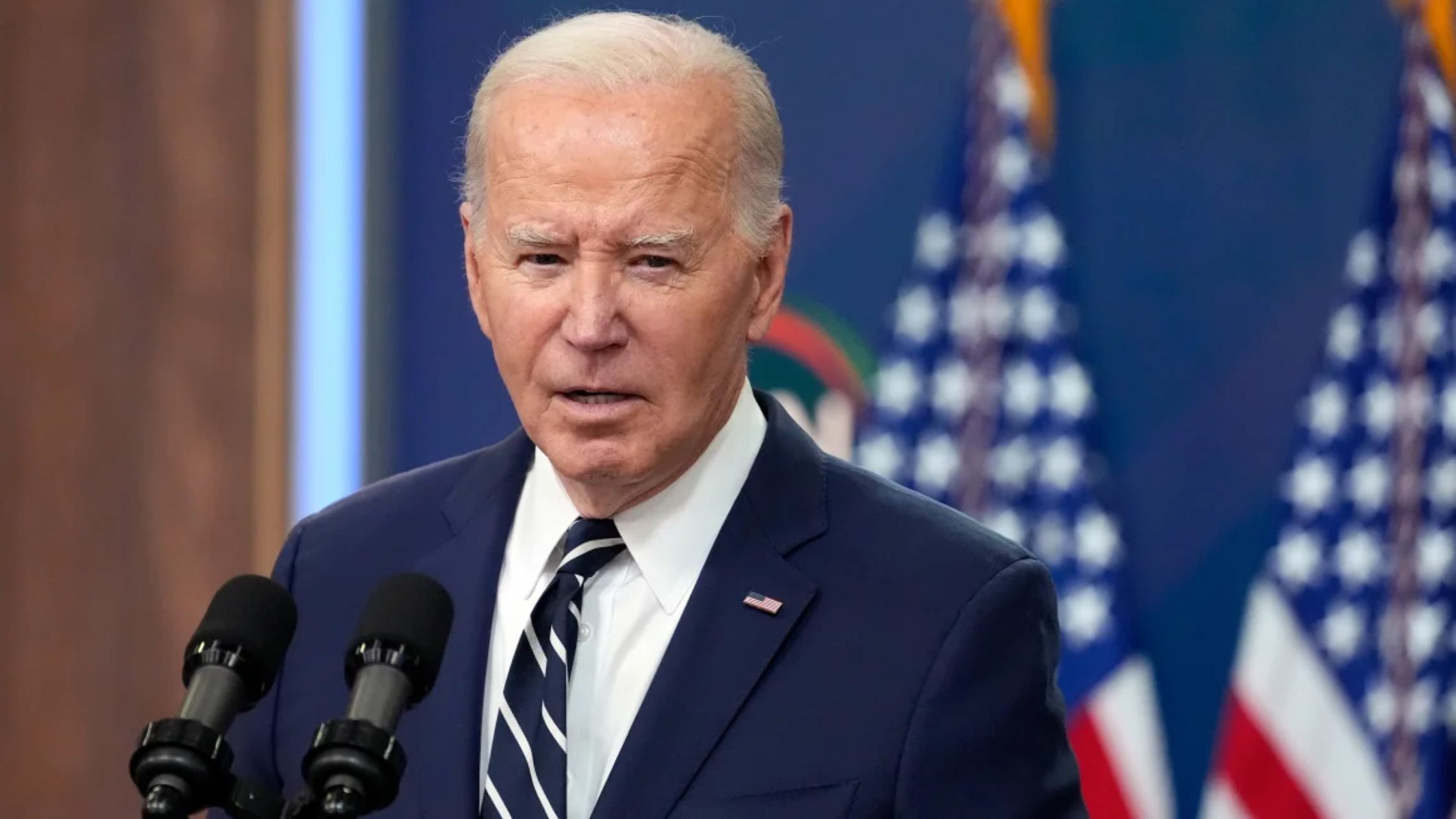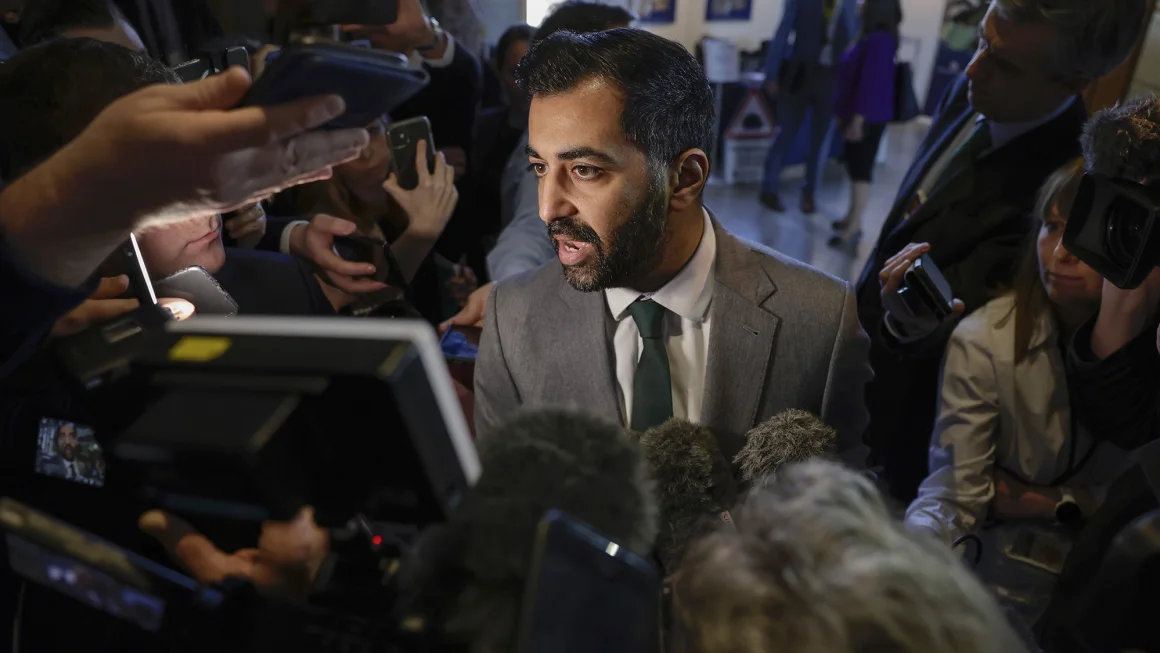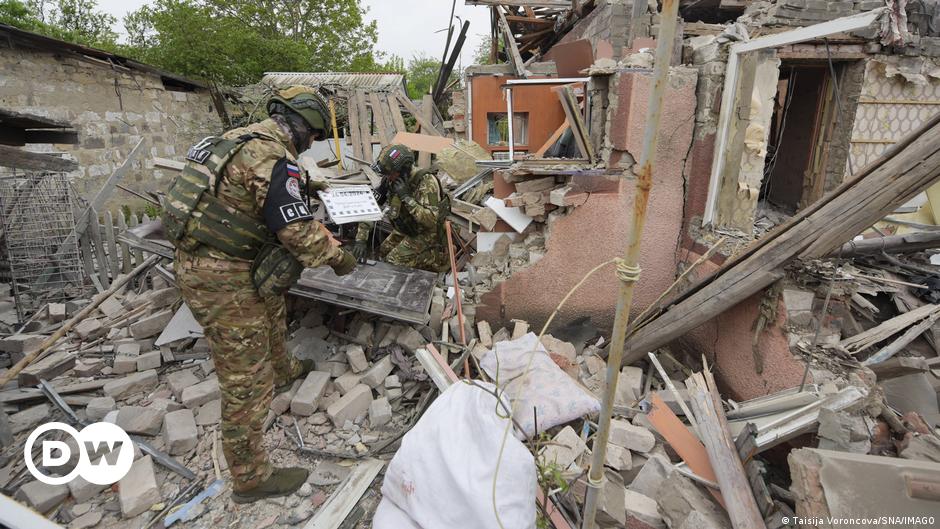The disappearance of indigenous languages also leads to an irreparable extinction of ancestral medicine.
Although it may seem at first glance that the rapidly increasing disappearance of indigenous languages has little or no relationship to health, the truth is that most of the indigenous ancestral knowledge about medicinal plants is closely related to the particular language of each ethnic group.
Specialists assert that the disappearance of traditional languages represents a greater danger to the survival of knowledge than the loss of biodiversity, since linguistic and biological information are completely interrelated, a topic Rodrigo Camara Liret, A biologist at the University of Zurich (UZH) said: “Every time an indigenous language dies, it’s as if a library is burning, but we don’t see it because it’s silent.”
“We lose the essence of our spiritual knowledge of medicinal plants. Knowledge that cannot be translated into other languages. Uldariko Matabi Yukona 63, is called the last shaman of the Matabi, an indigenous group of less than 70 people who live along the Merite-Parana River in the Colombian Amazon jungle.
To understand the problem more precisely, we tell you that according to information provided by the United Nations (UN), out of the 7,000 indigenous languages that are still spoken, 40% of them are in danger of extinction, and 80% of the rest of the world’s biodiversity is located in the territories the original people.
The findings are the result of a new study titled: “The extinction of language leads to the loss of unique medical knowledge” Recently presented at the World Biodiversity Forum, where researchers reviewed the literature, including early colonizer records, mapping medicinal plant uses and indigenous languages in three regions: North America, northwest Amazonas and New Guinea, it revealed that about 12,000 medicinal uses of more than 3 Thousands of plants, known by people who speak 230 indigenous languages in these regions. But more than 75% of this knowledge is in only one of these languages.
In this regard, the United Nations (UN) ensures that all indigenous languages of the western Amazon are in danger of extinction, which means that the botanical knowledge collected by these groups is also in danger. In North America, endangered languages account for 86% of the unique knowledge of medicinal plants, and in New Guinea it is 31%.
“Indigenous peoples have accumulated sophisticated knowledge about plants and their services, including knowledge that they confer important health benefits, which has been codified in their languages. However, indigenous knowledge is increasingly threatened by the loss of language and species extinction. On the other hand, the neglect of language is strongly associated with the decline of knowledge. On the other hand, global change will limit the geographical ranges of many endemic plants and crops used by humans. Together, the extinction of language and the reduction of useful plant species in the next century may limit the full potential of nature’s contributions to people and the discovery of unintended uses.” PNAS. The extinction of language leads to the loss of unique medical knowledge.
As mentioned earlier, and in contrast to the high percentage of threatened languages, less than 4% of medicinal plants in the three regions studied are at risk of extinction, which for Bascombet undoubtedly represents that knowledge is being lost at a faster rate than biodiversity, which is worrying Undoubtedly very much.
Tania Eulalia Martinez Cruz, An indigenous Ayok woman from Mexico and a social science researcher at the University of Brussels, for example, gave the way indigenous peoples in Oaxaca developed ways to grow plants during droughts, adding that “Losing culture is also a loss of our ability to adapt and find solutions to growing environmental problems. The complexity of medicinal plants is regional knowledge. When you destroy an area, you destroy nature, knowledge, our practices and our lives.”

“Award-winning zombie scholar. Music practitioner. Food expert. Troublemaker.”


/cloudfront-eu-central-1.images.arcpublishing.com/prisa/AHVYMMDSTZDTDBFNZ3LMFUOKNE.jpg)








